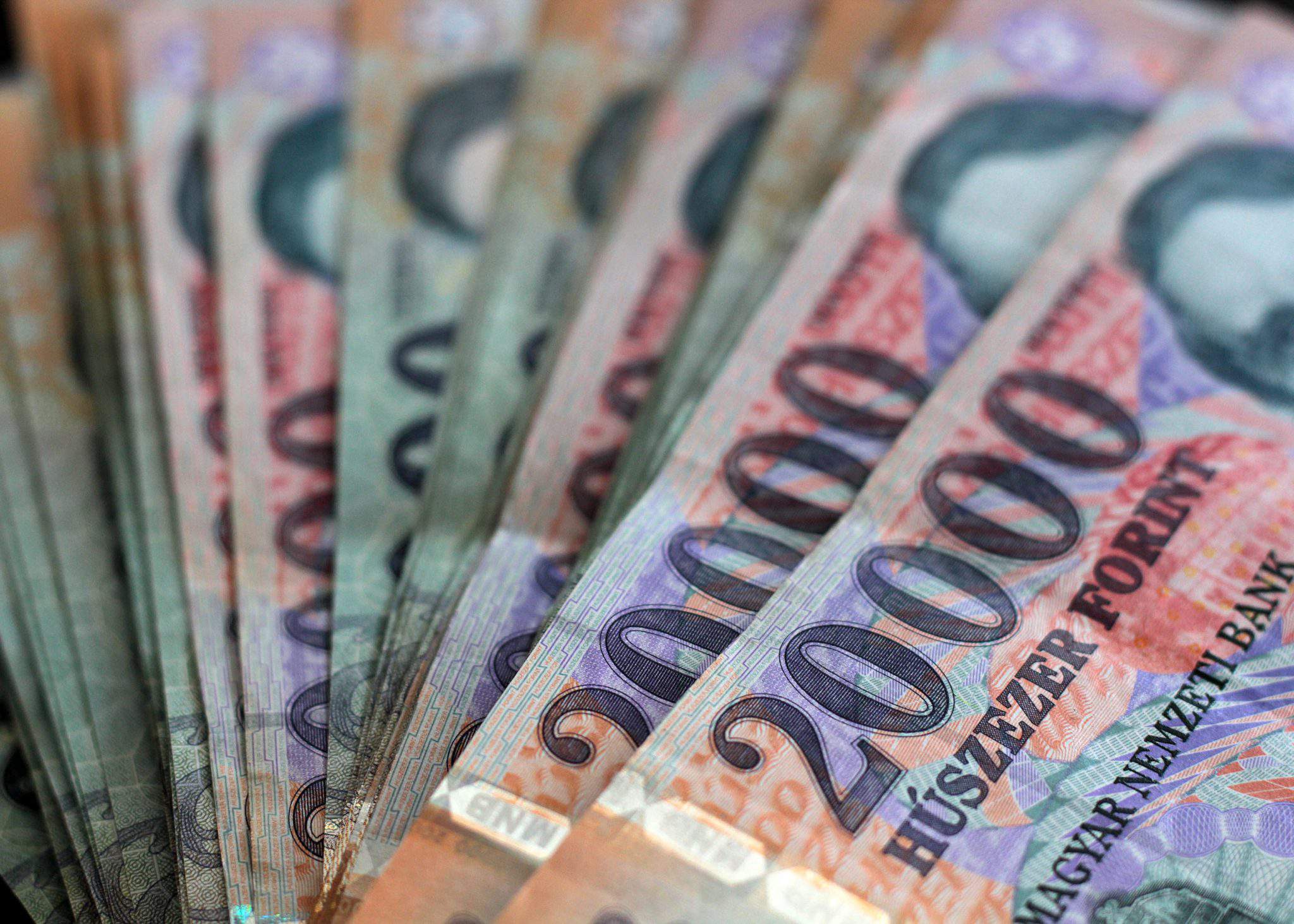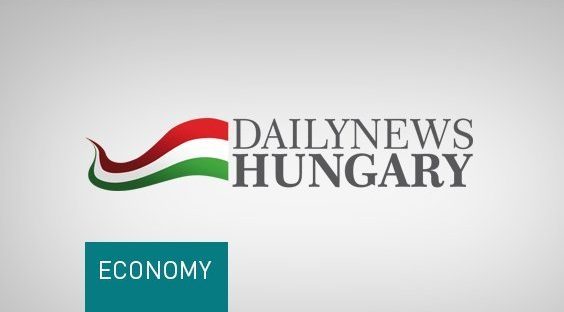Hungary policymakers keep base rate on hold
The Monetary Council of the National Bank of Hungary (NBH) decided to leave the central bank base rate unchanged at 0.60 percent at a monthly policy meeting on Tuesday.
The Council also decided on Tuesday to leave the O/N deposit rate at -0.05 percent and the O/N and one-week collateralised loan rates at 1.85 percent.
In a statement released after the meeting, the Council said inflation is “likely to be highly volatile” in the coming months, spiking due to base effects, rising fuel prices, further increases in excise duties and demand-supply frictions as the economy restarts.
The Council said the NBH remains “committed to maintaining price stability even during the third wave of the coronavirus pandemic”, adding that it is the central bank’s “clear intention to prevent the current uncertain environment from causing a sustained rise in inflation”.
It said the “greatest risk” in terms of the outlook for inflation is posed by “the increase in risk aversion vis-a-vis emerging markets and potential second-round effects following the restart of the economy”.
At a press conference after the meeting, NBH governor György Matolcsy said there would be “temporary upsurges” in inflation in 2021, but added that these would be the consequence of one-off and external factors.
Hungarians should not expect “runaway” inflation, he said.
By the first quarter of 2022, the NBH expects inflation to be “close to the 3.0 percent target”, he added.
K and H Bank senior analyst Dávid Németh said the decision came as no surprise and monetary policy in the upcoming period will be determined by inflation reports and the NBH’s comments. One-week deposits have been unchanged for months at 0.75 percent, similarly to the base rate, he added.
Equilor Investment senior analyst Zoltán Varga said the NBH had significantly increased its inflation projection, from 3.5-3.6 percent forecast in December, to 3.8-3.9 percent. He added that the decision makers had stressed that they were ready to apply necessary measures if inflation risks increase.
Takarékbank senior analyst Gergely Suppán said it cannot be excluded that the NBH will be forced to increase the base rate in the second half of the year.
Further restrictions resulting from the epidemic continue to worsen short-term outlooks and the NBH may support economic recovery by means of unconventional measures, he added.

Read alsoBudget deficit close to EUR 1.5bn at end-Feb, ministry confirms
Source: MTI
please make a donation here
Hot news
One of the world’s most beautiful libraries is in Budapest, and it’s turning 120 – PHOTOS
Have you ever heard the story or seen the statue of Prince Buda and Princess Pest? – PHOTOS
Hungary proud on scientists, increased R+D sector funding significantly
American teacher faces expulsion from Hungary after a 10-year career in Budapest
Orbán cabinet sticks to economic neutrality, refuses to join blocks, finance minister Varga said
Trump appoints former PM Orbán advisor Gorka as his counter-terrorism chief but Orbán can’t be glad




